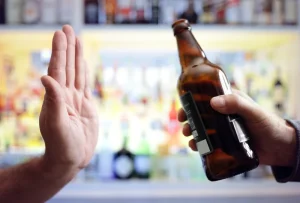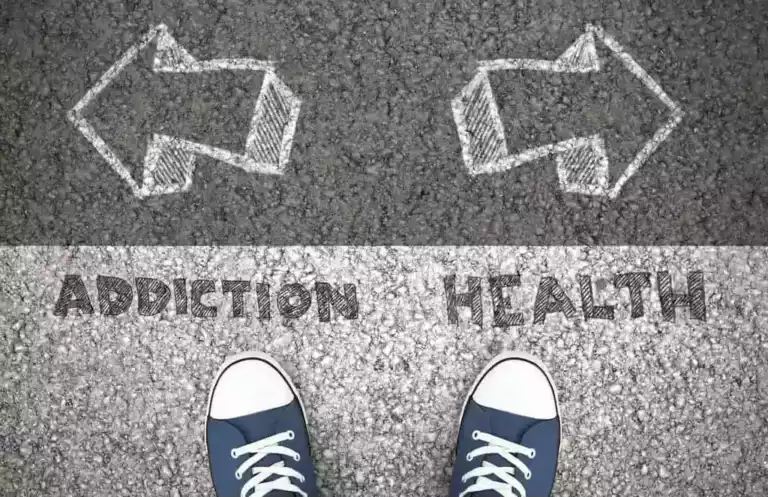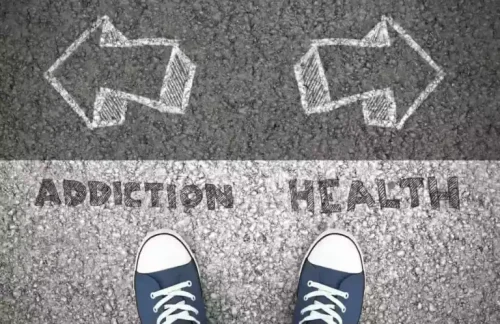
Alcohol use disorder can lead to various physical and mental health conditions. The doctor will be able to provide you with information about safe ways to reduce your alcohol intake, and they will also be able to signpost you to specialized sources of support for people with alcohol use disorders. Your doctor may prescribe medication to help you manage your symptoms of alcohol withdrawal. They might recommend chlordiazepoxide (Librium), which can also help alleviate symptoms of anxiety.
Mental Health Effects When You Stop Drinking
People who chronically consume large amounts of alcohol are more likely to develop post-acute withdrawal syndrome (PAWS), says Crystal Avery, a licensed substance abuse clinician in New Hampshire. A healthcare provider will also run tests to rule out other medical conditions that have similar symptoms of alcohol withdrawal or occur alongside withdrawal. These conditions include gastrointestinal bleeding, infection, intracranial hemorrhage (acute bleeding in the brain), and liver failure. You can help someone going through alcohol detoxification by learning about the symptoms of withdrawal and the timeline of detox so that you can provide the support they need to manage the symptoms.
Ruling Out Other Conditions
- When you stop consuming alcohol after prolonged, heavy use, your CNS can’t respond or regulate itself fast enough.
- The prognosis (outlook) for someone with alcohol withdrawal depends greatly on its severity.
- Detoxing from alcohol is one of the most dangerous types of detoxes that your body can undergo.
- AWS is more common in adults, but children and teenagers who drink excessively may also experience the symptoms.
- This is alcohol withdrawal, and it causes uncomfortable physical and emotional symptoms.
- Less frequently, people can develop severe symptoms of alcohol withdrawal syndrome.
- Psychotherapy options such as cognitive-behavior therapy (CBT) and motivation enhancement therapy (MET) can help change unhelpful thinking patterns, teach valuable coping skills, and improve the motivation to quit.
As your body detoxes, nausea and vomiting are alcohol detox pretty common symptoms. If severe vomiting is present, you may need to receive IV fluids so you don’t become dehydrated. Dr. Rufus Tony Spann is a nationally certified school psychologist, licensed professional counselor, yoga teacher and reiki master.

How is alcohol withdrawal syndrome diagnosed?

Alcohol misuse can lead to serious health problems like liver disease and cancer. So, giving up alcohol can help you to avoid these potentially deadly diseases. It is worth mentioning that nutritional status improvement occurs when someone strop drinking, which is one big reason why people may see many of the above improvements with sobriety. One of the most common side effects of giving up alcohol is insomnia.This is because alcohol acts as a sedative, so when it’s no longer in your system, you may have trouble falling asleep or staying asleep.
- “Fortunately, not near the hell the first three days were. I am hoping that means I may finally sleep tonight. For me, the toughest parts are the vomiting (dry heaves), insomnia, and anxiety.”
- However, if symptoms worsen, it is advisable to seek immediate medical attention so that individuals receive appropriate treatment.
- These receptors take several days to regain normal sensitivity and function, and withdrawal symptoms will occur throughout this period.
Drug withdrawal
After half a year without drinking, you will really start to reap the rewards. Your risk of developing cancer will decrease, and your liver function will have greatly improved. Keep in mind that alcohol detox is only the first step, and additional treatment—including medication and individual https://ecosoberhouse.com/ or group counseling—is a must if you want to maintain your sobriety. This is yet another autonomic nervous system response to alcohol withdrawal. Tremors often affect the hands but can occur elsewhere in the body as well, according to the U.S.

Your Blood Pressure Will Decrease

Many prescription and legal nonprescription substances can also cause withdrawal symptoms when individuals stop consuming them, even if they were taken as directed by a physician. Alcohol causes you to produce excessive amounts of urine, leading to dehydration. If you’ve been drinking for a while, you will probably be surprised by how much being sufficiently hydrated improves your health.






